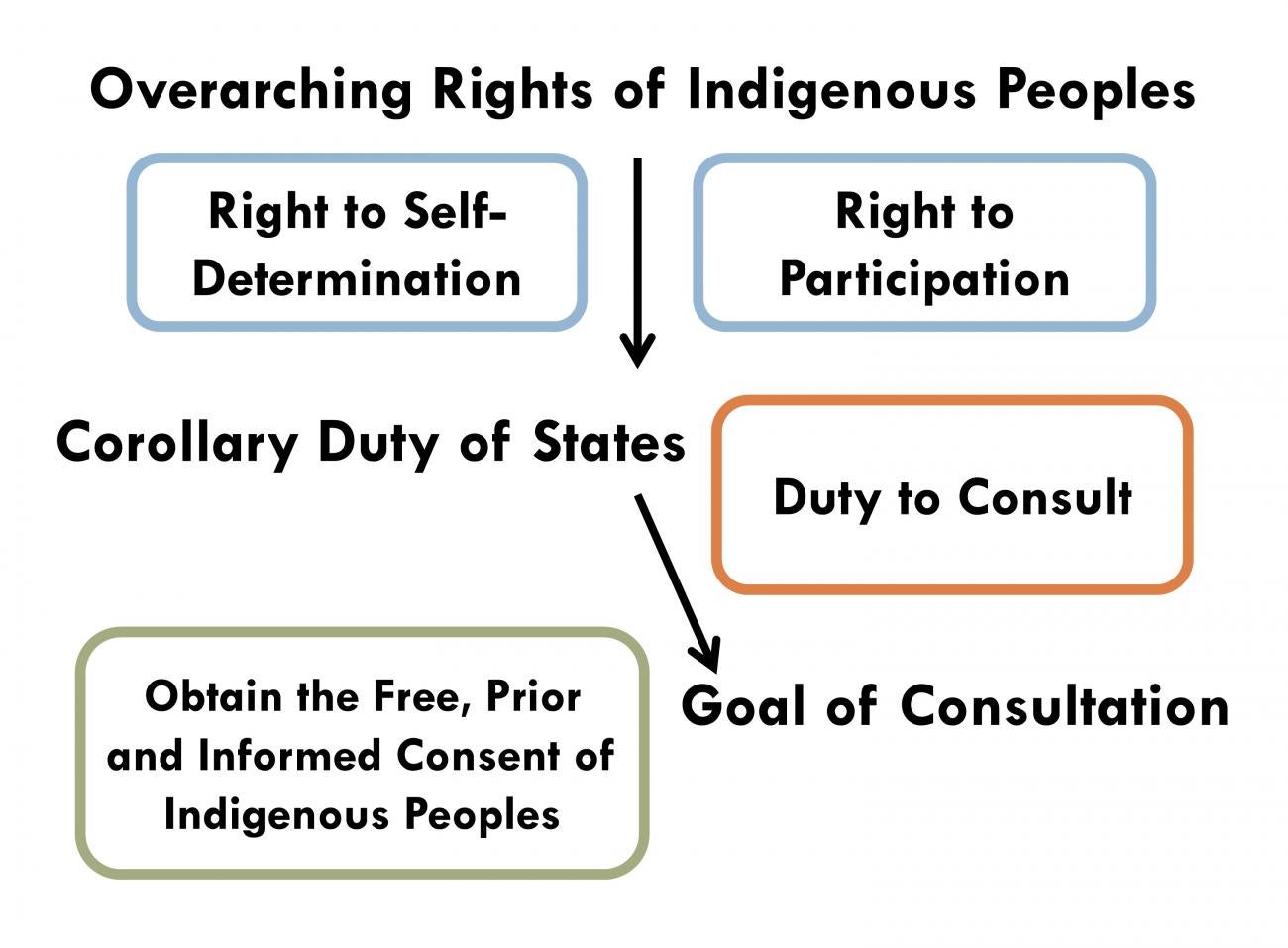 “Free, Prior and Informed Consent (FPIC) is one of the most important principles that Indigenous Peoples believe can protect their right to participation. It is embedded in the right to self-determination. The duty of States to obtain Indigenous Peoples’ FPIC entitles Indigenous people to effectively determine the outcome of decision-making that affects them, not merely a right to be involved…
“Free, Prior and Informed Consent (FPIC) is one of the most important principles that Indigenous Peoples believe can protect their right to participation. It is embedded in the right to self-determination. The duty of States to obtain Indigenous Peoples’ FPIC entitles Indigenous people to effectively determine the outcome of decision-making that affects them, not merely a right to be involved…
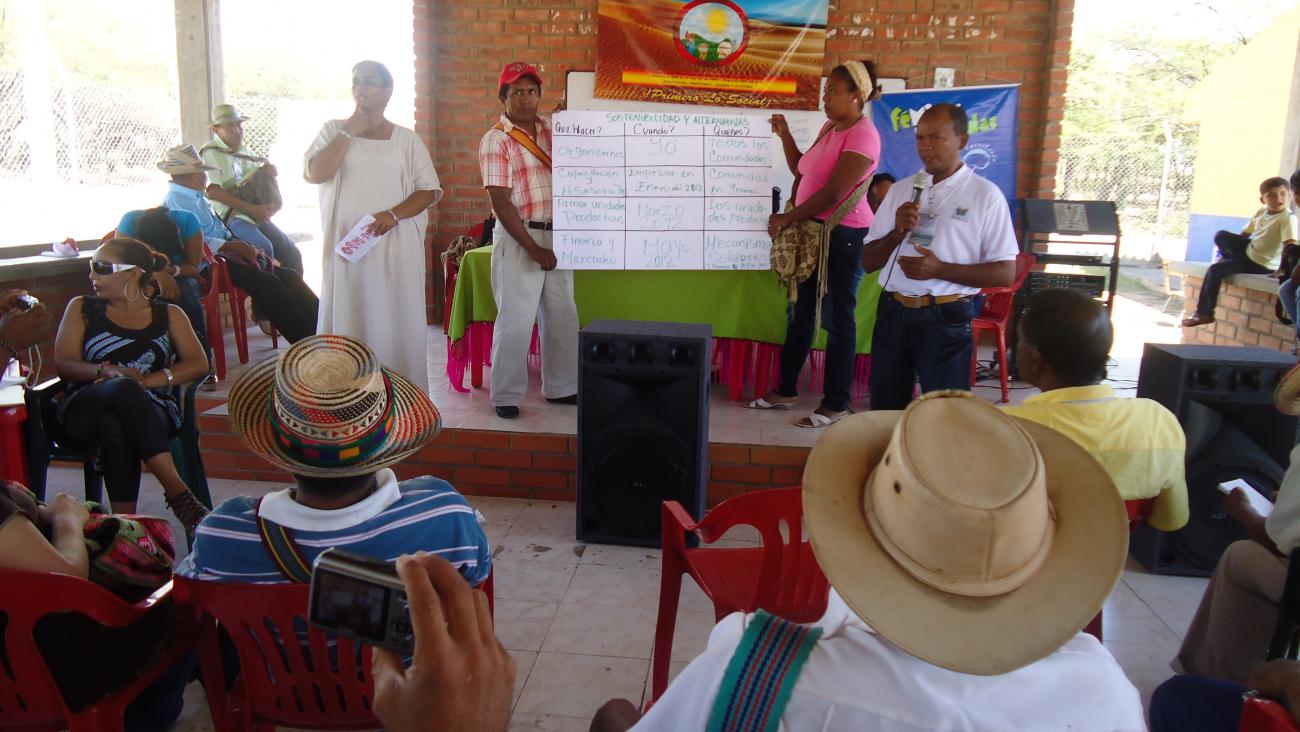 The survival of Indigenous Peoples’ heritage depends on their ability to assert equal civil rights, including the right to participate in decision-making processes. Some of the most pressing limitations faced by Indigenous people worldwide, including those in Guatemala, are linked to the protection and ownership of their lands, which are frequently and increasingly being usurped for purposes of…
The survival of Indigenous Peoples’ heritage depends on their ability to assert equal civil rights, including the right to participate in decision-making processes. Some of the most pressing limitations faced by Indigenous people worldwide, including those in Guatemala, are linked to the protection and ownership of their lands, which are frequently and increasingly being usurped for purposes of…
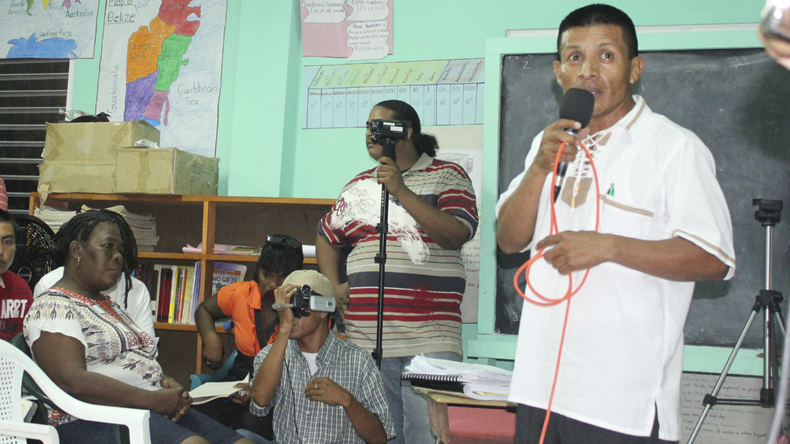 Imagine this scene: a bus hurdles over the dirt roads of thick, tropical rainforest in southern Belize. It travels from village to village picking up Maya who are panicked and confused about oil drilling on their ancestral lands. Instead of going directly to the meeting, the Maya must first listen to a two-hour presentation by the oil company. Once they finally arrive, they gather for a…
Imagine this scene: a bus hurdles over the dirt roads of thick, tropical rainforest in southern Belize. It travels from village to village picking up Maya who are panicked and confused about oil drilling on their ancestral lands. Instead of going directly to the meeting, the Maya must first listen to a two-hour presentation by the oil company. Once they finally arrive, they gather for a…
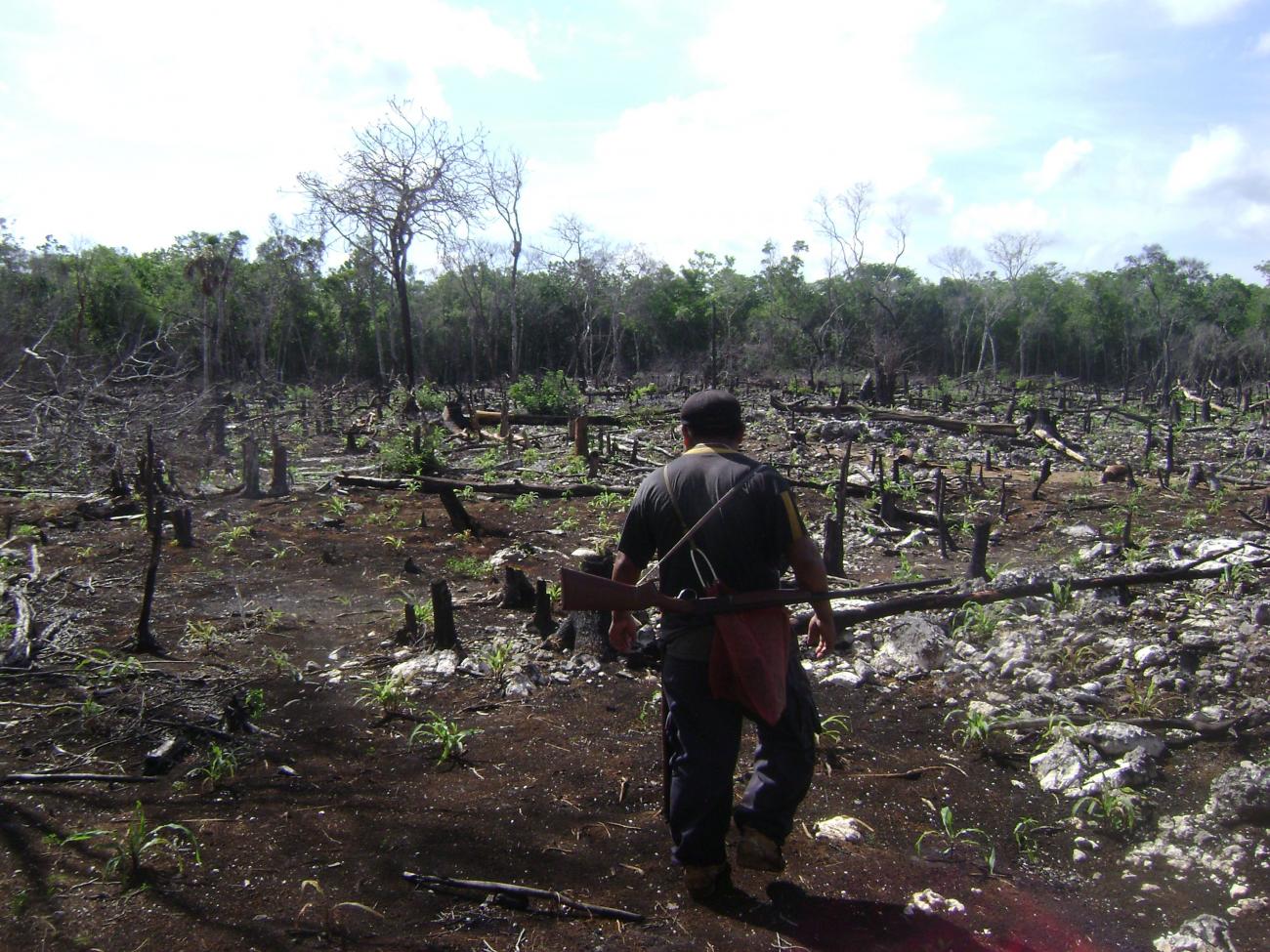 Tensions are brewing in the Máasewal communities of central Quintana Roo (known as Zona Maya) between those who want to continue the current system of ejido and those succumbing to the pressure to sell their ejido rights. Ejido was established during the Mexican Revolution as a system of communal land tenure that bestowed land rights to peasants and Indigenous groups.Since 1994, individuals have…
Tensions are brewing in the Máasewal communities of central Quintana Roo (known as Zona Maya) between those who want to continue the current system of ejido and those succumbing to the pressure to sell their ejido rights. Ejido was established during the Mexican Revolution as a system of communal land tenure that bestowed land rights to peasants and Indigenous groups.Since 1994, individuals have…
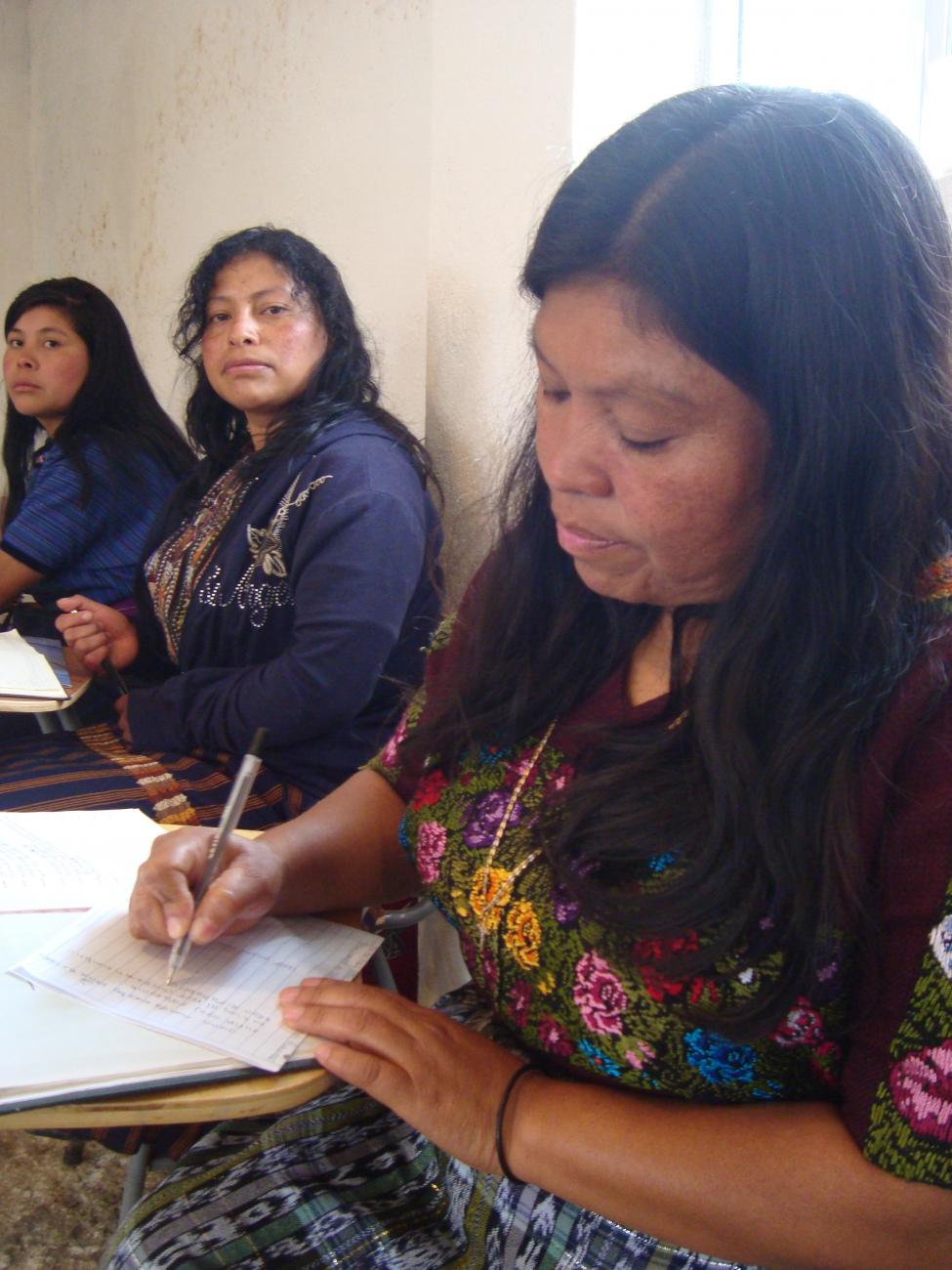 On July 7–8, 2012, representatives from community radio stations across Guatemala gathered in San Mateo, Quetzaltenango, at Radio Mujb’ab’l Yol (Meeting Place of Expressions) to participate in a workshop led by Cultural Survival staff exploring historical memory and the Guatemalan civil war. The armed conflict formally ended with the Peace Accords in 1996. Many of the younger participants had no…
On July 7–8, 2012, representatives from community radio stations across Guatemala gathered in San Mateo, Quetzaltenango, at Radio Mujb’ab’l Yol (Meeting Place of Expressions) to participate in a workshop led by Cultural Survival staff exploring historical memory and the Guatemalan civil war. The armed conflict formally ended with the Peace Accords in 1996. Many of the younger participants had no…
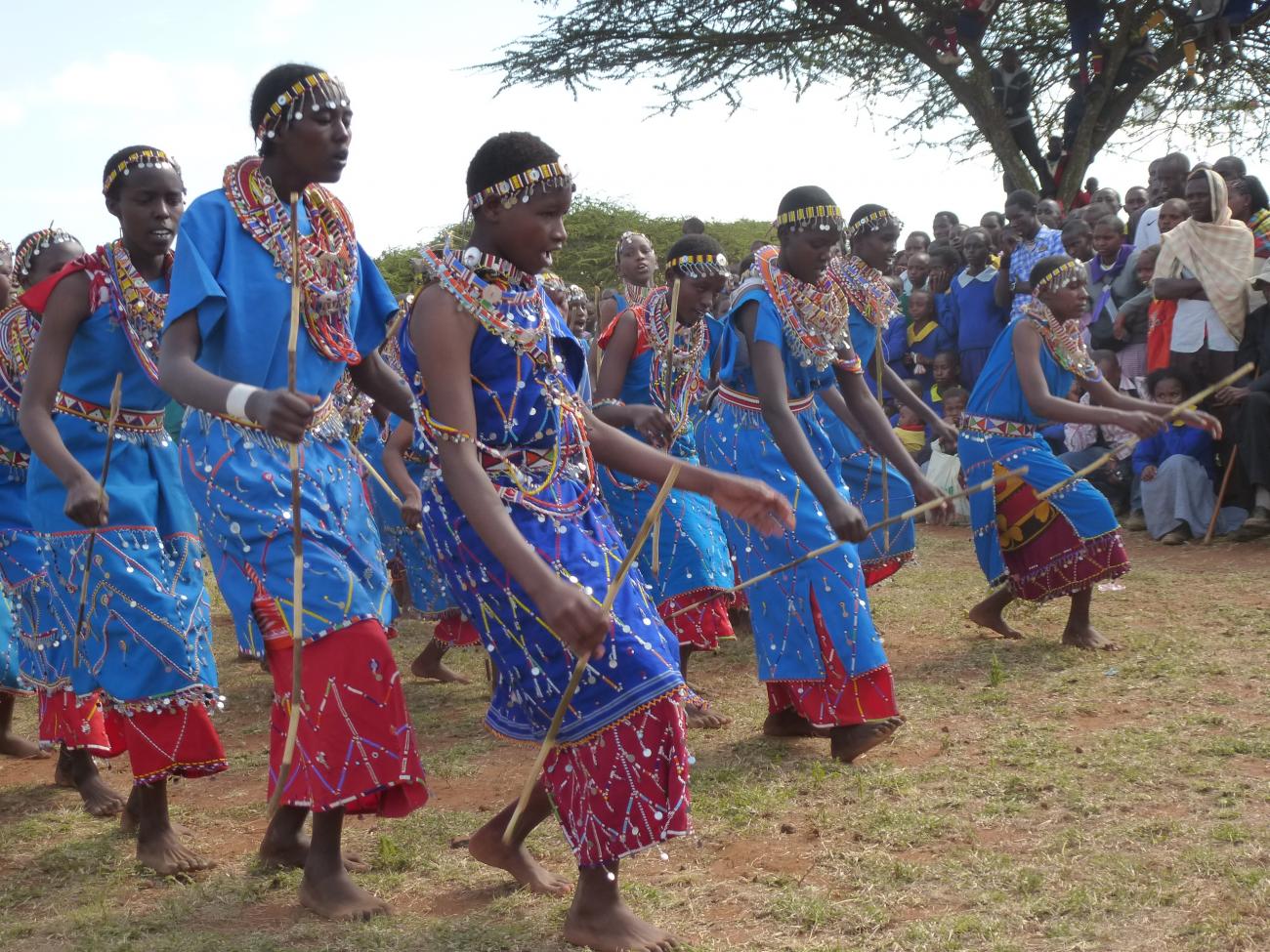 We, Maasai, still have much of our culture, customs, and tradition as we did thousands of years ago. Because the Maa society does not have a clear written history, it is difficult to say precisely where it originated. According to linguistic research, the Maa language is hermetic and not one of the numerous Bantu languages on the African continent. It is believed that the Maasai originated…
We, Maasai, still have much of our culture, customs, and tradition as we did thousands of years ago. Because the Maa society does not have a clear written history, it is difficult to say precisely where it originated. According to linguistic research, the Maa language is hermetic and not one of the numerous Bantu languages on the African continent. It is believed that the Maasai originated…
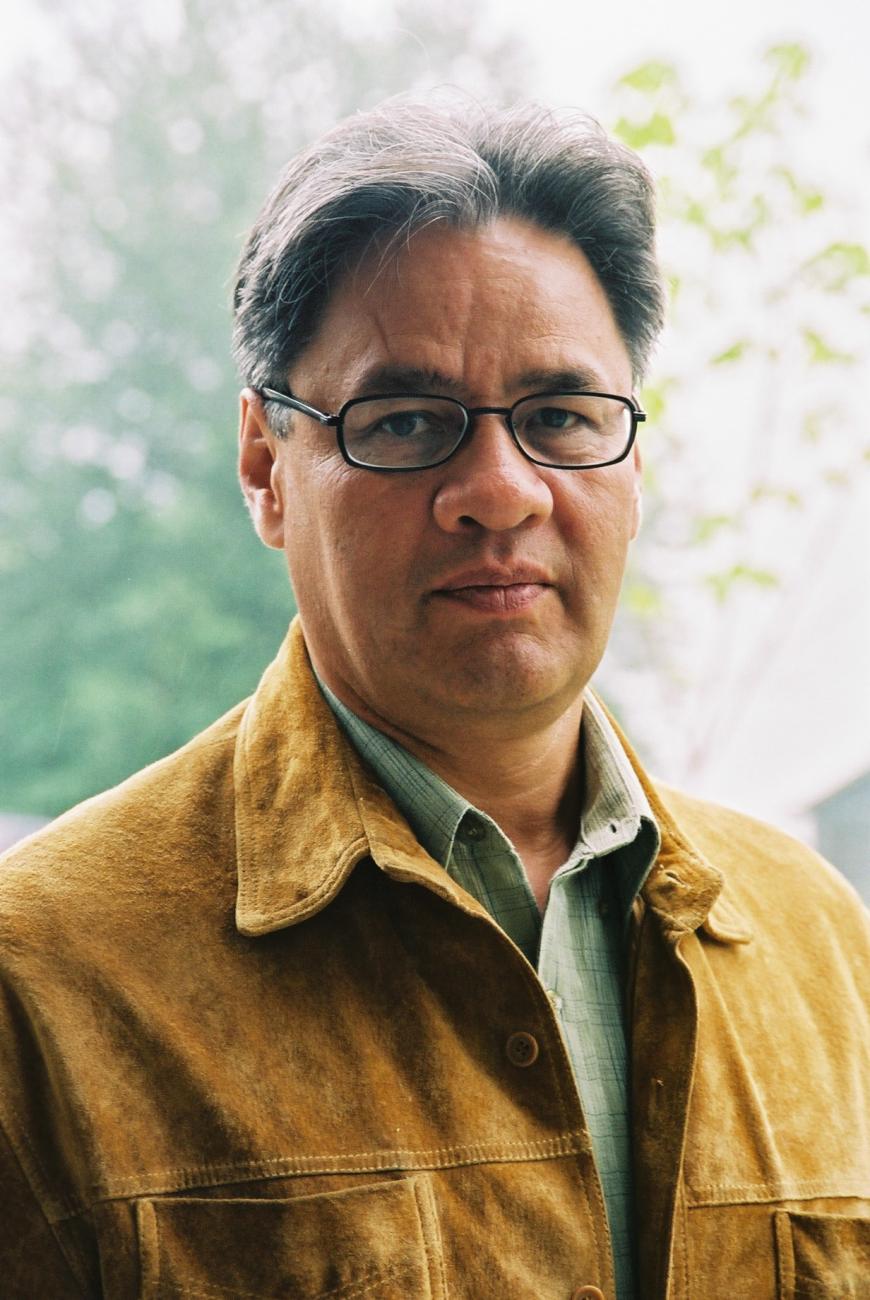 In our series spotlighting the work of our Board members, Cultural Survival is honored that Grand Chief Edward John (Akile Ch’oh), chair of UN Permanent forum on indigenous issues,took time out of his schedule to speak with Cultural Survival Quarterly about his background and current work."I was born and raised in a fairly remote part of Western Canada in British Columbia in the…
In our series spotlighting the work of our Board members, Cultural Survival is honored that Grand Chief Edward John (Akile Ch’oh), chair of UN Permanent forum on indigenous issues,took time out of his schedule to speak with Cultural Survival Quarterly about his background and current work."I was born and raised in a fairly remote part of Western Canada in British Columbia in the…
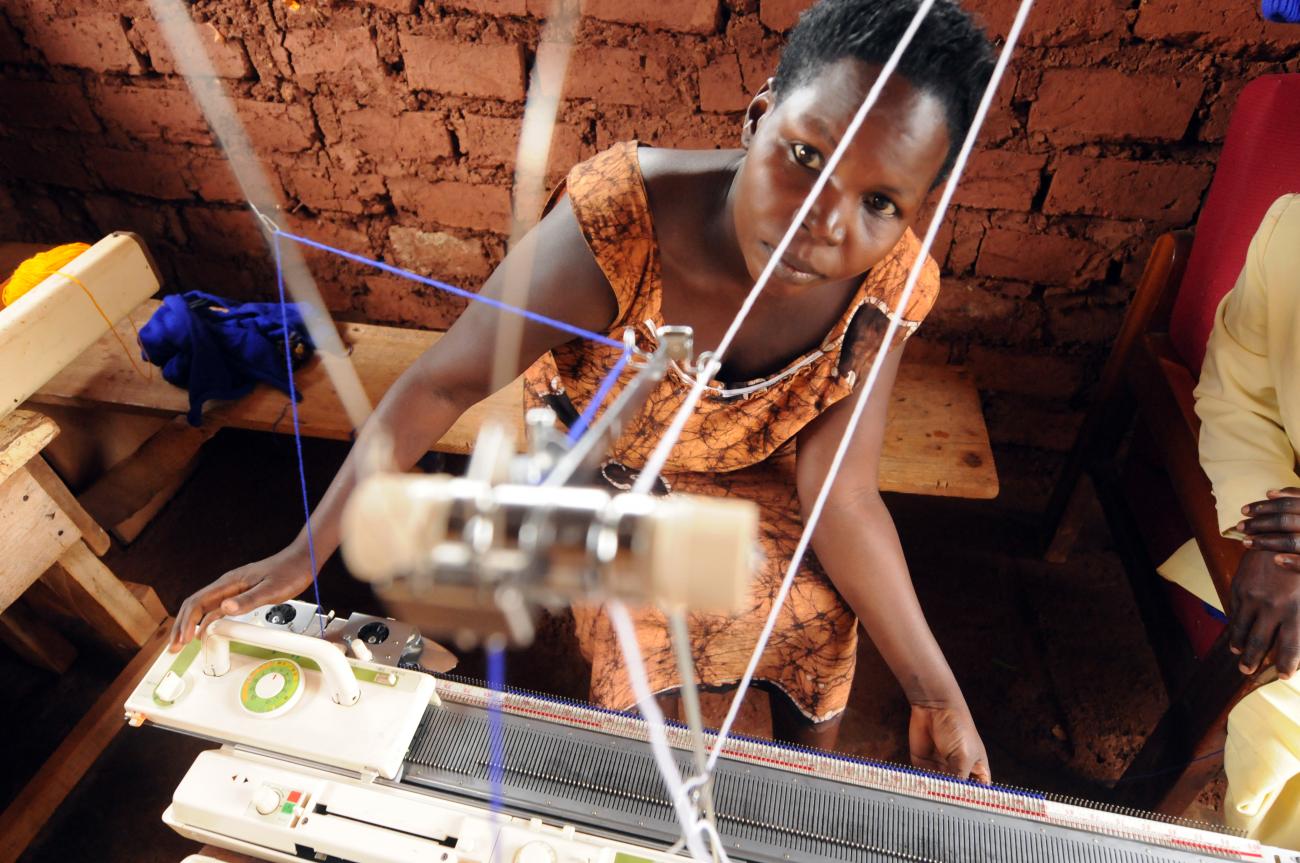 “I have really changed. I am now a doctor for coldness by providing sweaters. I can now support my family.”— Adul Doreen, vocational training graduateThe first thing you notice upon entering the booth of Project Have Hope are the colorful strings of recycled paper beads—and then the remarkable photographs of children and women by photographer Karen Sparacio, who is also the executive director.…
“I have really changed. I am now a doctor for coldness by providing sweaters. I can now support my family.”— Adul Doreen, vocational training graduateThe first thing you notice upon entering the booth of Project Have Hope are the colorful strings of recycled paper beads—and then the remarkable photographs of children and women by photographer Karen Sparacio, who is also the executive director.…
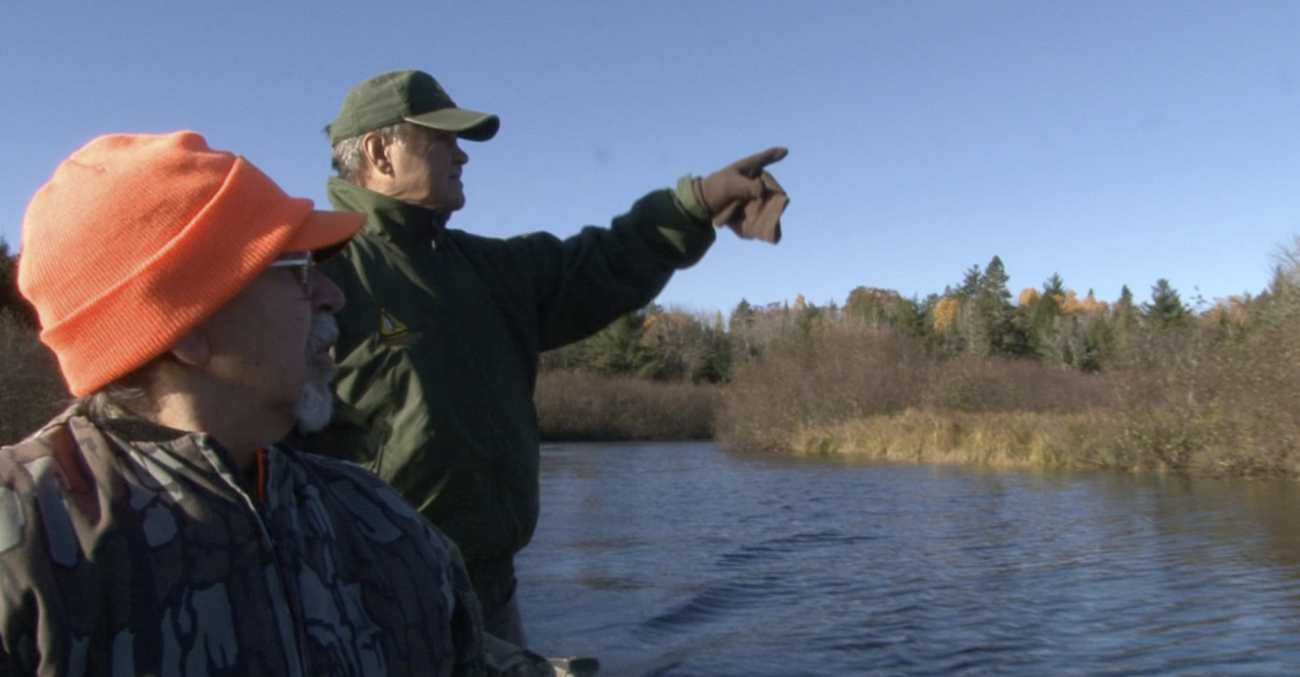 The first school was built in Motahkomikuk, a Passamaquoddy community in northeastern Maine, in the late 1930s. St. Ann’s Indian Mission School, run by Catholic nuns, enrolled children from Motahkomikuk and nearby Sipayik, the two reservations where most Passamaquoddy live. The children, who spoke Passamaquoddy, came to school only to find that English was required. They were hit and hung on coat…
The first school was built in Motahkomikuk, a Passamaquoddy community in northeastern Maine, in the late 1930s. St. Ann’s Indian Mission School, run by Catholic nuns, enrolled children from Motahkomikuk and nearby Sipayik, the two reservations where most Passamaquoddy live. The children, who spoke Passamaquoddy, came to school only to find that English was required. They were hit and hung on coat…
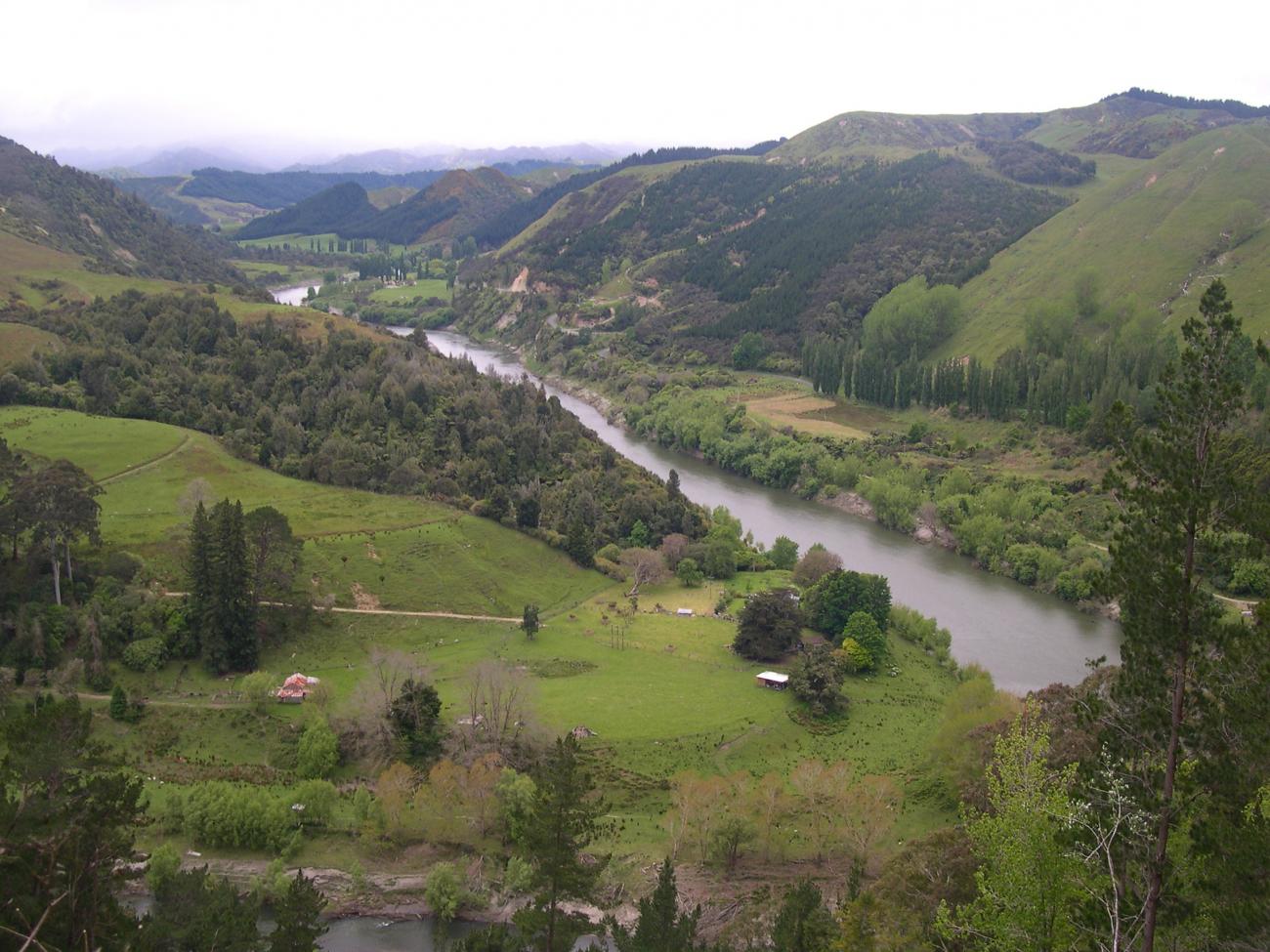 When an agreement recently signed in Aotearoa (New Zealand) proposed the acknowledgement of the Whanganui River as a legal person, many saw it as an innovative resource management solution. Indigenous Peoples around the world often struggle with governments that do not recognize their view of the natural environment; when natural resources are involved, Indigenous worldviews are often in direct…
When an agreement recently signed in Aotearoa (New Zealand) proposed the acknowledgement of the Whanganui River as a legal person, many saw it as an innovative resource management solution. Indigenous Peoples around the world often struggle with governments that do not recognize their view of the natural environment; when natural resources are involved, Indigenous worldviews are often in direct…
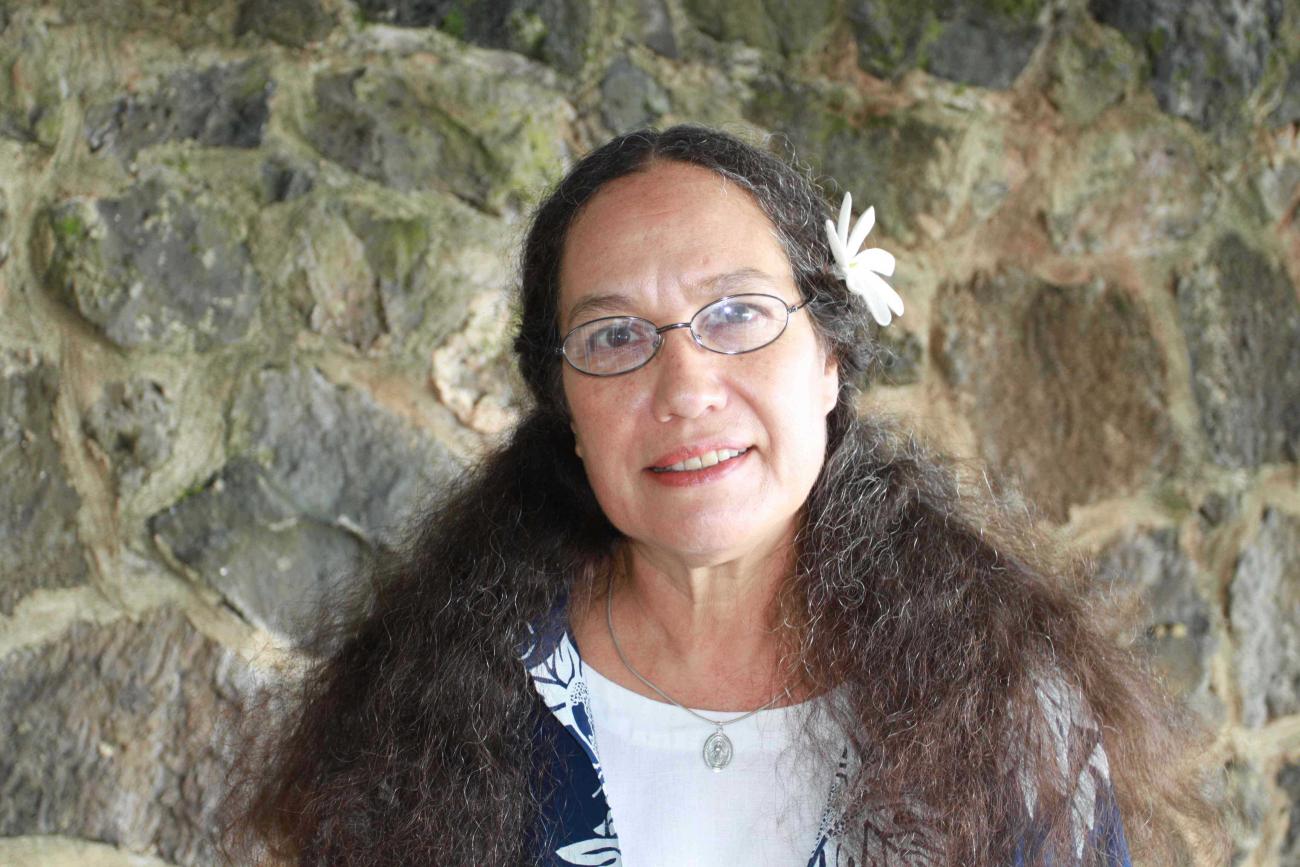 Her voice is warm, assertive, and iconic; her passionate tone and straightforward message are instantly recognizable. With an internationally renowned reputation as an Indigenous expert in international law and human rights, Mililani Trask has been advocating for the rights of Native Hawaiians and Indigenous Peoples worldwide for over three decades.Trask comes from a long line of activists for…
Her voice is warm, assertive, and iconic; her passionate tone and straightforward message are instantly recognizable. With an internationally renowned reputation as an Indigenous expert in international law and human rights, Mililani Trask has been advocating for the rights of Native Hawaiians and Indigenous Peoples worldwide for over three decades.Trask comes from a long line of activists for…
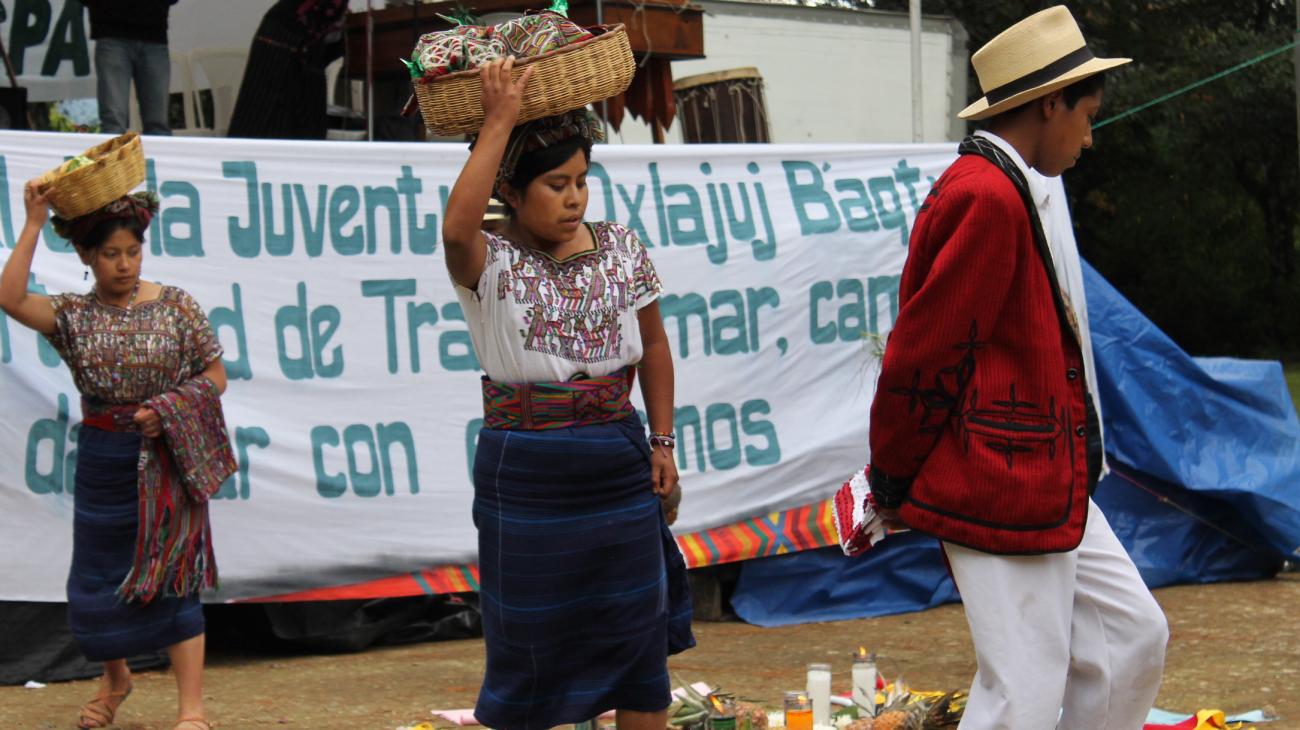 December 21, 2012, the end of the Oxlajuj B’ak’tun cycle of 5,128 years—not the end of the world, as commonly, falsely interpreted—is fast approaching, and for Maya in Guatemala, that means it is time to start celebrating. To commemorate Oxlajuj B’ak’tun, the Waqib’ Kej Indigenous Youth Council held a festival of art, music, and dance on September 22 on the grounds of the ancient Maya city of…
December 21, 2012, the end of the Oxlajuj B’ak’tun cycle of 5,128 years—not the end of the world, as commonly, falsely interpreted—is fast approaching, and for Maya in Guatemala, that means it is time to start celebrating. To commemorate Oxlajuj B’ak’tun, the Waqib’ Kej Indigenous Youth Council held a festival of art, music, and dance on September 22 on the grounds of the ancient Maya city of…
Support Indigenous writers and journalists. This content is made entirely possible by loyal readers like you. Cultural Survival does not believe in paywalls. We rely on our supporters and readers to give what they can so that we can continue bringing you Indigenous-led solutions.
Our website houses close to five decades of content and publishing. Any content older than 10 years is archival and Cultural Survival does not necessarily agree with the content and word choice today.